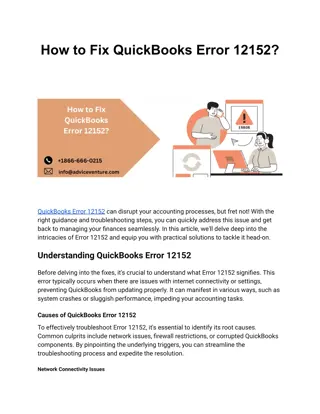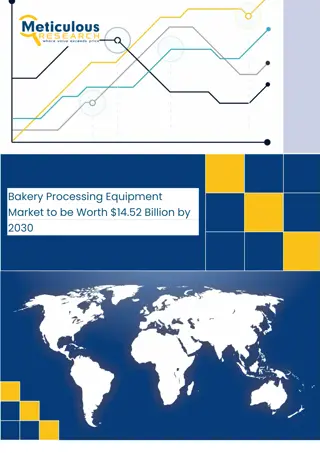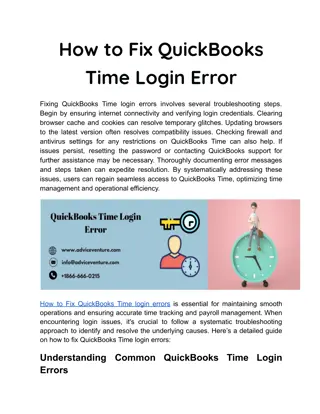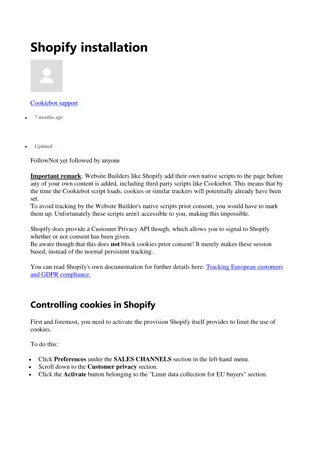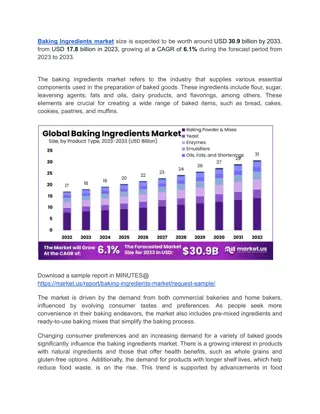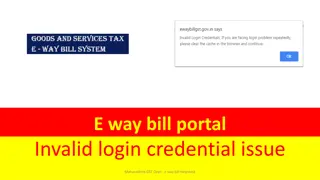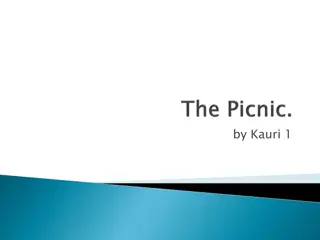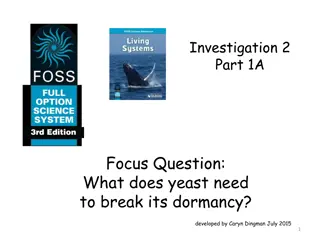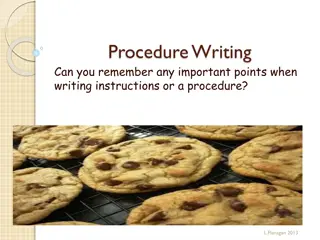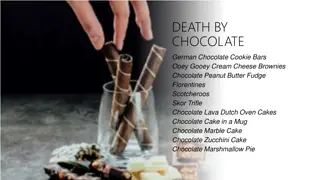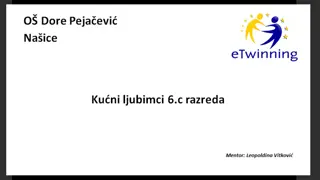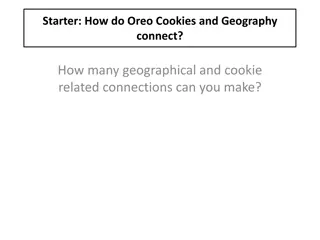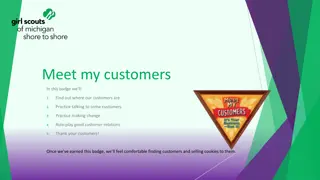
Understanding Cookie Management in Web Development
"Explore the world of cookies in web development, from their origins to their various types such as session and permanent cookies. Learn about access restrictions, scope considerations, and privacy concerns surrounding cookie usage."
Download Presentation

Please find below an Image/Link to download the presentation.
The content on the website is provided AS IS for your information and personal use only. It may not be sold, licensed, or shared on other websites without obtaining consent from the author. If you encounter any issues during the download, it is possible that the publisher has removed the file from their server.
You are allowed to download the files provided on this website for personal or commercial use, subject to the condition that they are used lawfully. All files are the property of their respective owners.
The content on the website is provided AS IS for your information and personal use only. It may not be sold, licensed, or shared on other websites without obtaining consent from the author.
E N D
Presentation Transcript
Cookies COMP3200 Web Infrastructure Dr Nicholas Gibbins nmg@ecs.soton.ac.uk
The infamous cookie Intended as a way for web servers to persist state across HTTP requests (but isn't HTTP supposed to be stateless?) Invented in 1994 by Lou Montulli of Netscape (also the inventor of the <blink> tag) Patented in 1995 (Netscape Communications Corp. vs ValueClick Inc.) Ostensibly deprecated in favour of HTML5 local storage ... and yet it still lives! Barth, A. (2011) HTTP State Management Mechanism. RFC6265. Available online at: https://tools.ietf.org/html/rfc6265 3
Cookies GET / HTTP/1.1 Host: www.example.org HTTP/1.1 200 OK Content-Type: text/html Set-Cookie: foo=23 Set-Cookie: bar=qux ... GET / HTTP/1.1 Host: www.example.org Cookie: foo=23; bar=qux 4 4
Lifetime Cookies can either be session cookies or permanent cookies Session cookies expire "when the current session ends" (when the browser is closed?) Permanent cookies have a specified expiry time Set-Cookie: foo=23; Expires=Fri, 23 Oct 2020 10:05:34 GMT Indicates that the cookie should expire after the given date Set-Cookie: foo=23; Max-Age=21600 Indicates that the cookie should expire after Max-Age seconds 5
Access restriction Set-Cookie: foo=23; Secure Indicates that the cookie should only ever be sent over HTTPS Set-Cookie: foo=23; HttpOnly Indicates that the cookie should not be visible from within the Document.cookie interface 6
Scope Set-Cookie: foo=23; Domain=example.org Cookie should only be sent to example.org or its subdomains (i.e. foo.example.org) Defaults to the origin server that set the cookie (excluding subdomains) Set-Cookie: foo=23; Path=/bar Cookie should only be sent if value of Path is in the requested URI Set-Cookie: foo=23; SameSite=Strict Strict: only send cookie to the same site that originated it Lax: cookie is withheld for cross-site subrequests (i.e. images) but sent when user follows a link (typical browser default setting) None: no restrictions on cross-site requests 7
Privacy considerations Cookies can be used to track users across websites Relies on websites embedding resources (typically images) from third parties When a user fetches the third party resource, it sets a cookie Cookie may be read when the user fetches a resource from the third party in future Relies on default browser cookie scope of SameSite=None 8
page.html GET /page.html site1.org foo.gif 200 OK GET /foo.gif bigbrother.com foo.gif 200 OK Set-Cookie: id=12345 doc.html GET /doc.html site2.org 200 OK bar.gif GET /bar.gif Cookie: id=12345 bigbrother.com bar.gif 200 OK 9
Privacy considerations High profile UK case in 2010 (discovered by a Southampton graduate!) NHS put Facebook "like" buttons on their webpages (loaded from Facebook's CDN) When a user visited an NHS webpage, Facebook set a cookie If the user visited a different page with a like button, Facebook could read the cookie and correlate those visits If they were logged into Facebook, Facebook now knew what their users are searching the NHS for https://mmt.me.uk/blog/2010/11/21/nhs-and-tracking/ 10



